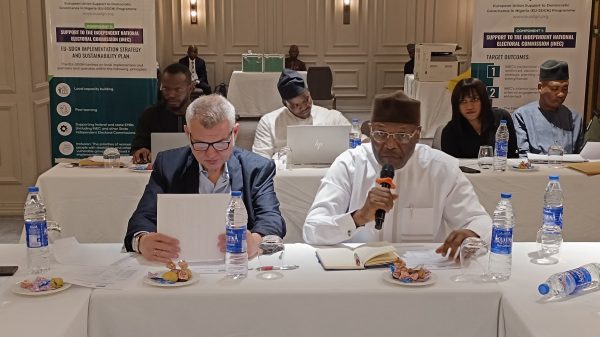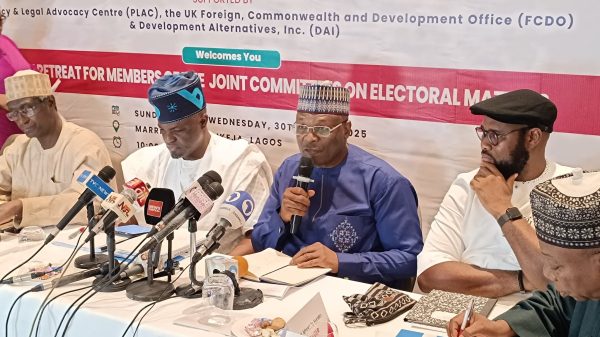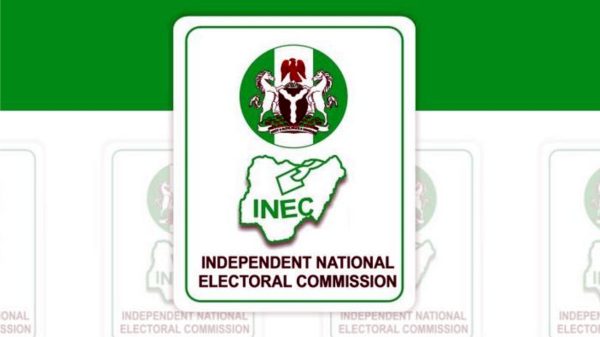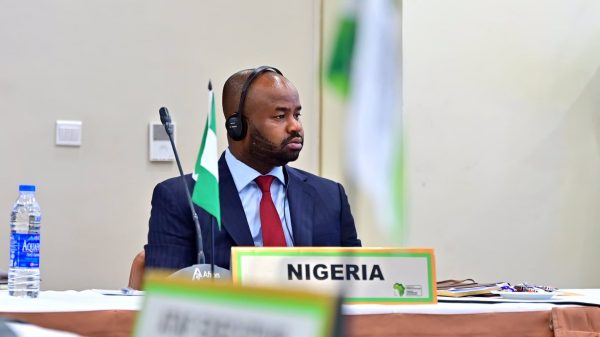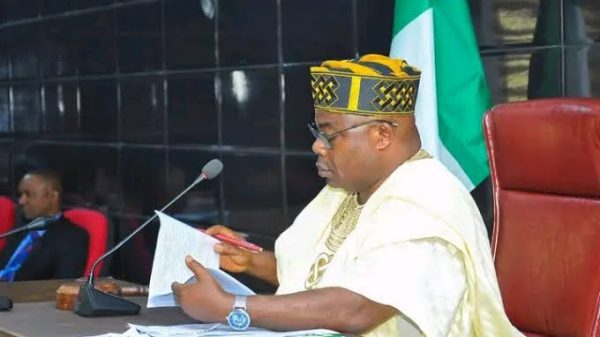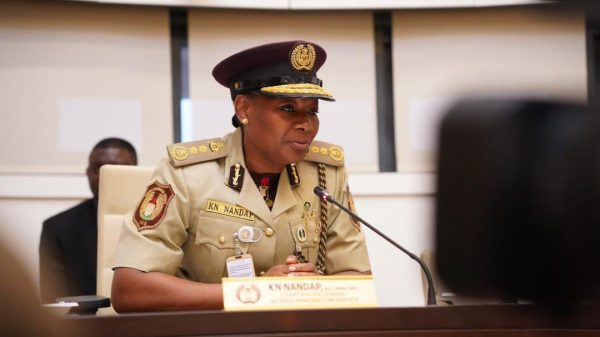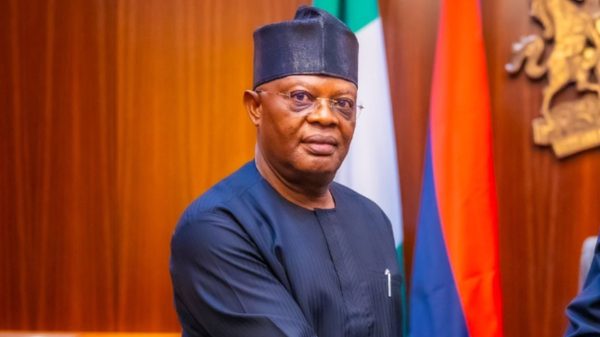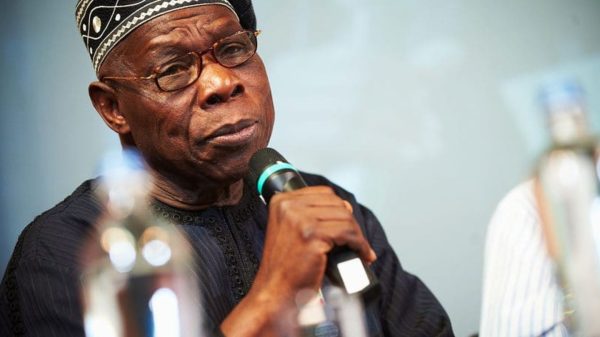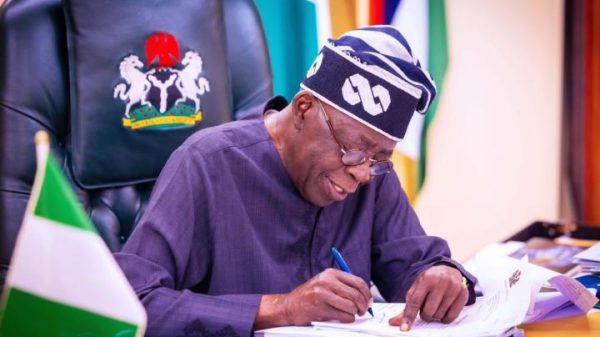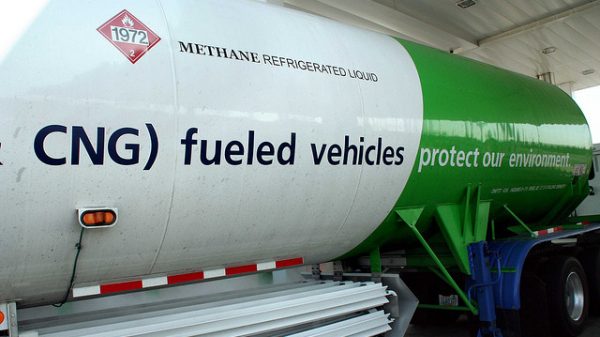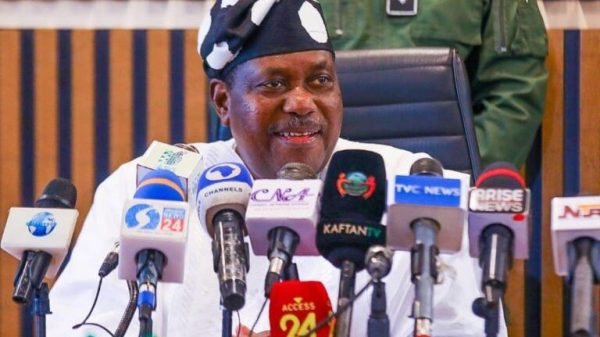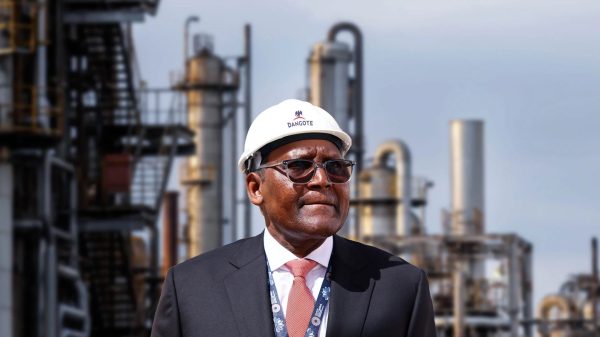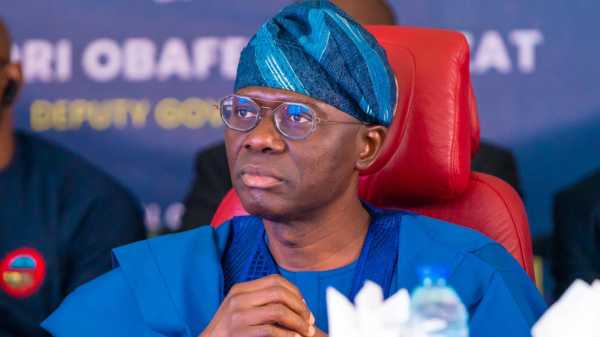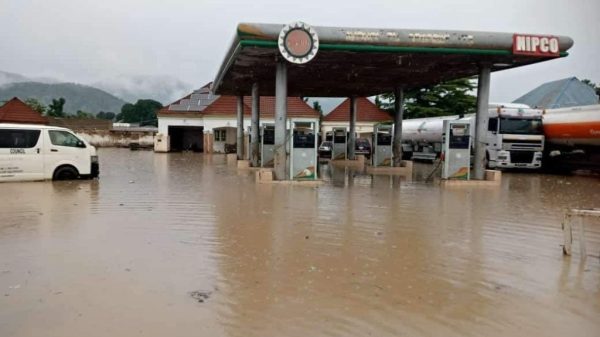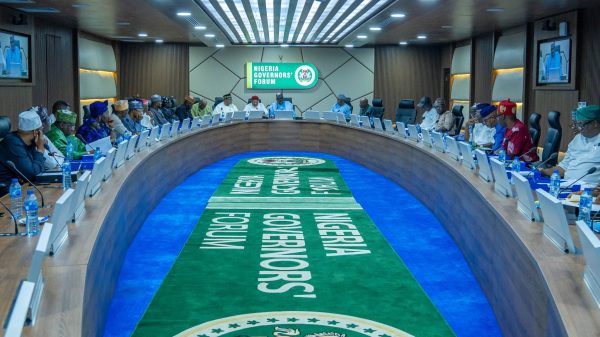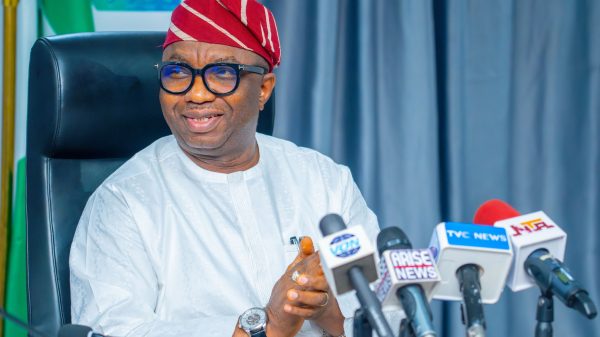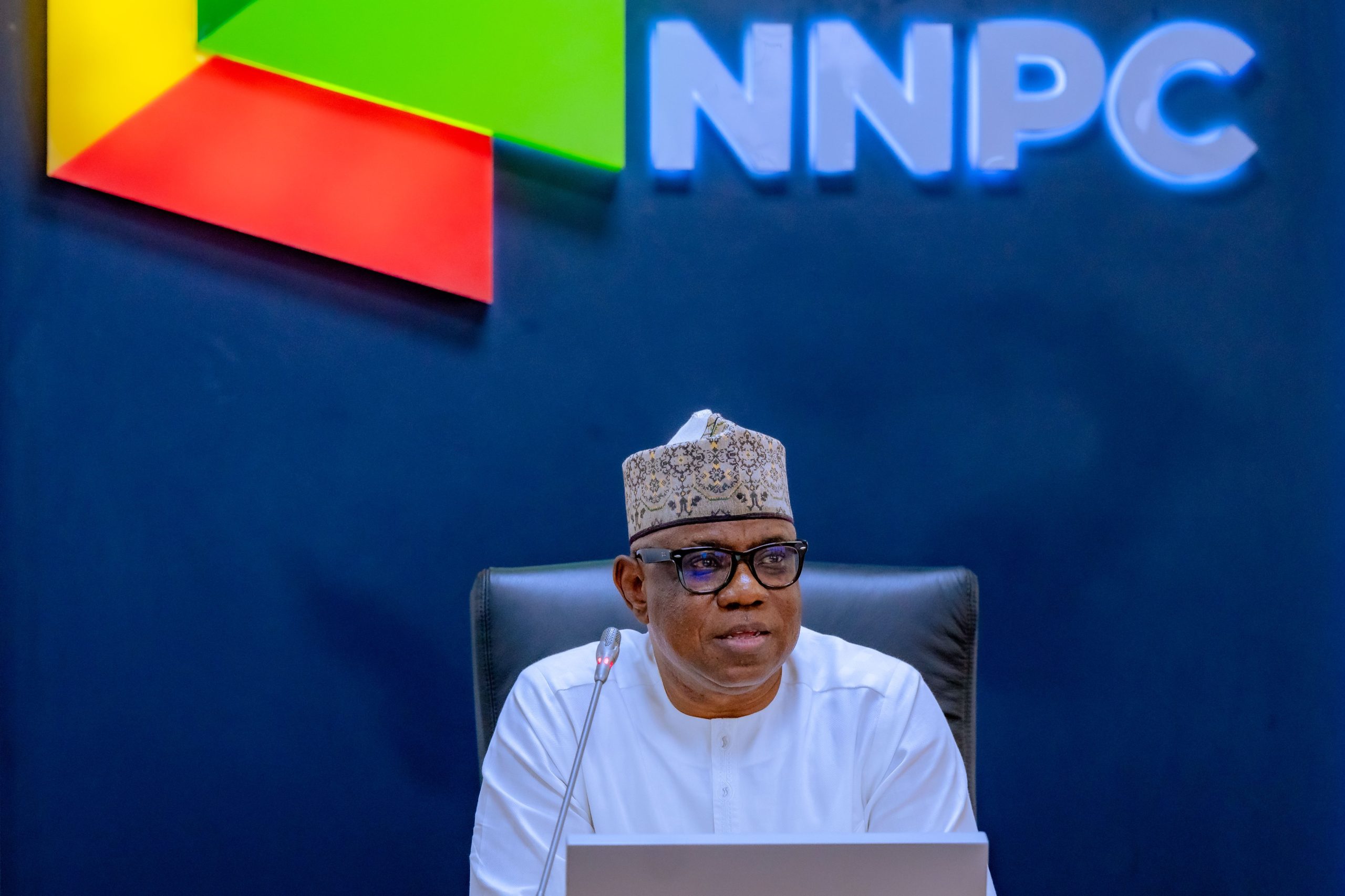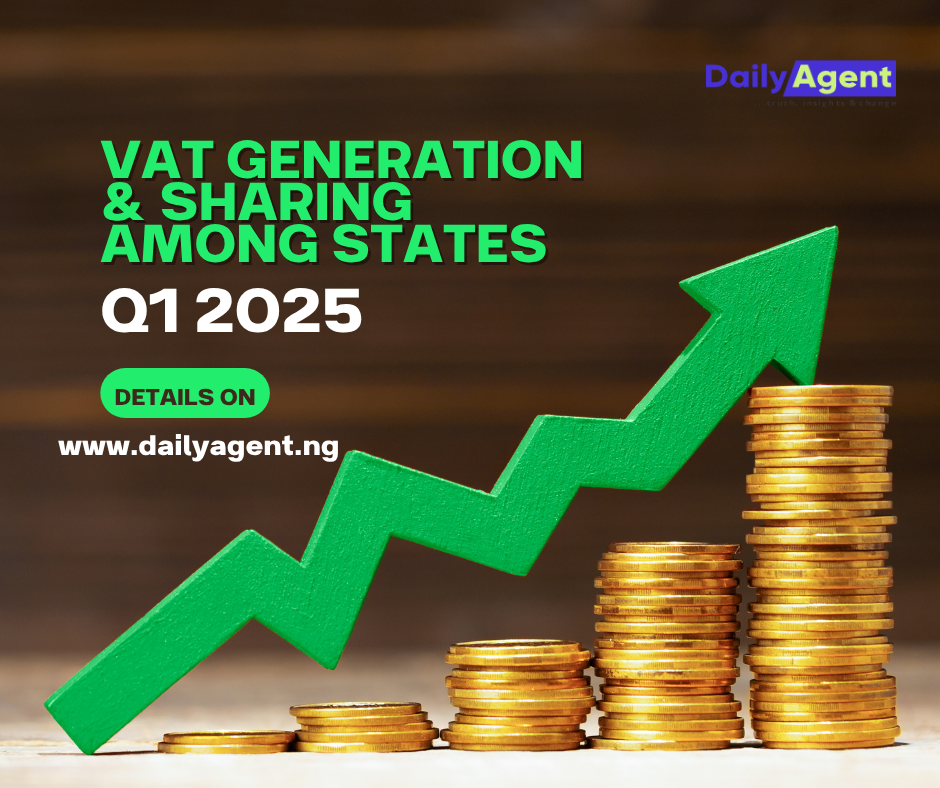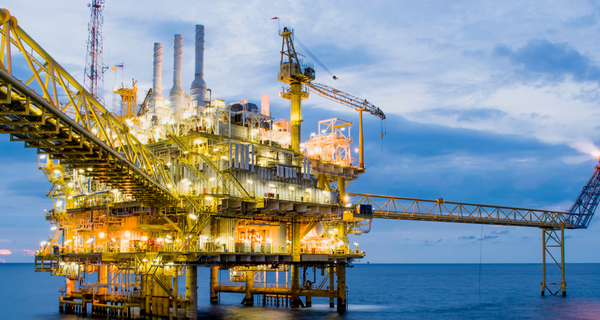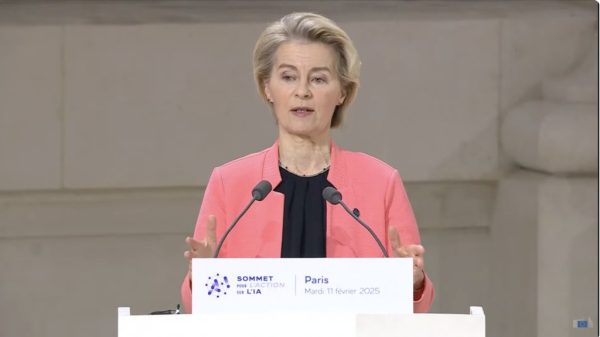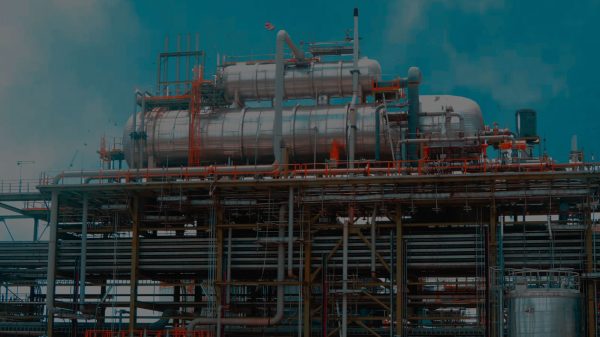Abuja, Nigeria
Bayo Ojulari, Group Chief Executive Officer of the Nigerian National Petroleum Company Limited (NNPCL), says artificial intelligence, digitisation, automation and advanced analytics are transforming the entire energy value chain.
Ojulari said this during the 2025 Oloibir lecture series and energy forum (OLEF) of the Society of Petroleum Engineers (SPE) Nigeria Council in Abuja.
NAN reports that the 2025 edition of OLEF, focused on the theme “Driving Energy Sustainability Through Technology, Policy, and Supply Chain Excellence” was hosted by the Petroleum Technology Development Fund (PTDF).
According to the organisers, the OLEF commemorates the first commercial discovery of oil in Nigeria in Oloibiri, Bayelsa State—an event that forever changed the trajectory of the nation’s economic history.
Ojulari who was represented by Udy Ntia, NNPCL’s Executive Vice, Upstream, said the upstream oil and gas companies were expected to invest more than 30 billion dollars in digital technologies in 2025 globally.
“These technologies are not optional extras. They are foundational to improving asset reliability, lowering lifting costs, and reducing greenhouse gas effects.
“At the NNPC Ltd., we have embraced digital transformation not as a buzzword but as an operational imperative. We have embraced this reality with deliberate strategy.
“Our upstream subsidiary is deploying real-time reservoir monitoring, predictive maintenance, and AI-driven subsurface imaging to drive value and operational resilience,” he said.
He further disclosed that the digital transformation roadmap of NNPCL was developed on three major pillars—intelligent automation, data governance, and cyber resilience.
“But beyond revenue, our hydrocarbon wealth must now become a bridge to a broader, more sustainable energy future. Technology is no longer an enabler. It has now become a fulcrum.
“In alignment with Nigeria’s energy transition plan, targeting to achieve net zero emissions by 2060, the NNPC Ltd. has initiated gas-led transition programmes, including the expansion of autogas programme, targeting more than one million vehicles through 2026.
“Energy transition is not a story. It is a global necessity, but its pathways must be shaped by local realities. Africa cannot afford a transition that leaves its people in the dark.
“As we forge ahead into this new energy era, let us remember sustainability is not a destination. It is a journey, a journey powered by technology, guided by sound policy, and anchored on a robust ethical supply chain,” the GCEO said.






